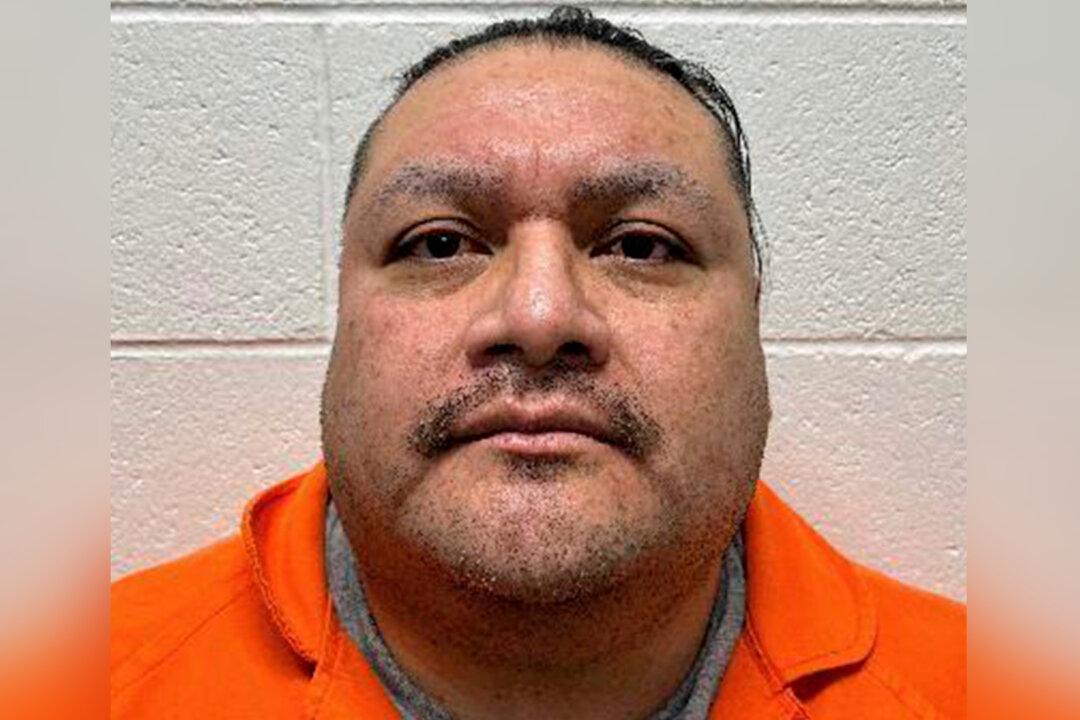Utah officials are set hear testimony Monday about whether a man facing execution next month should be spared the death penalty for a 1998 murder and remain imprisoned for life.
The parole board hearing comes after state officials said Saturday that they no longer planned to use an untested combination of execution drugs that Taberon Dave Honie’s lawyers said could have caused him “excruciating pain.” They will use a different drug instead—pentobarbital.





